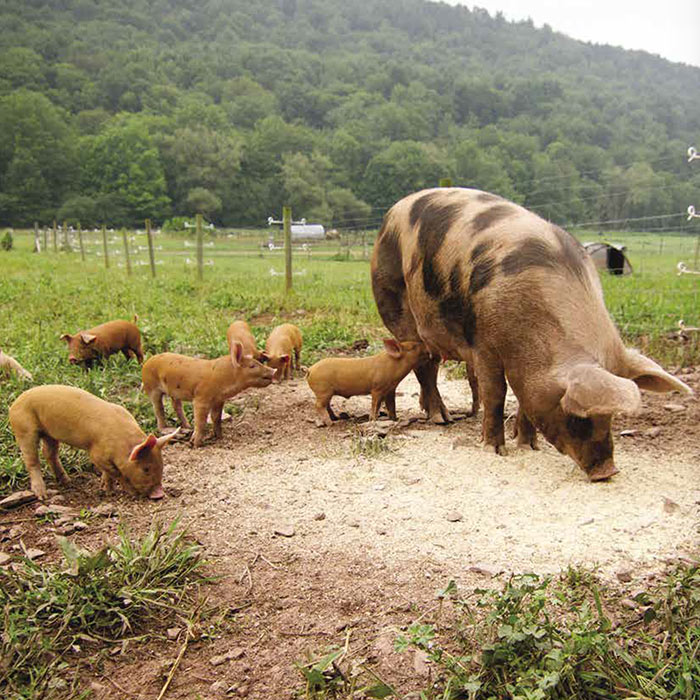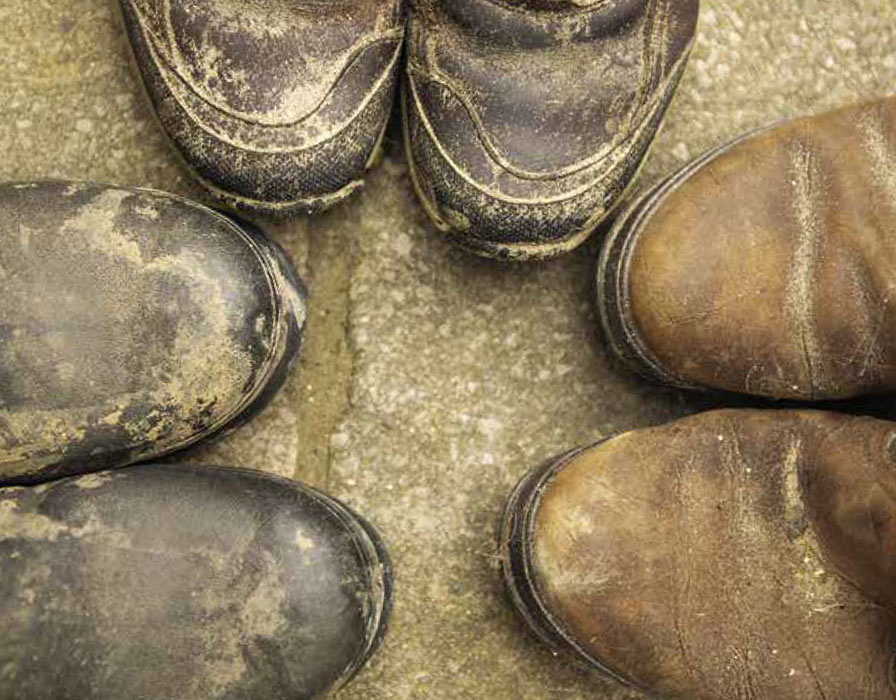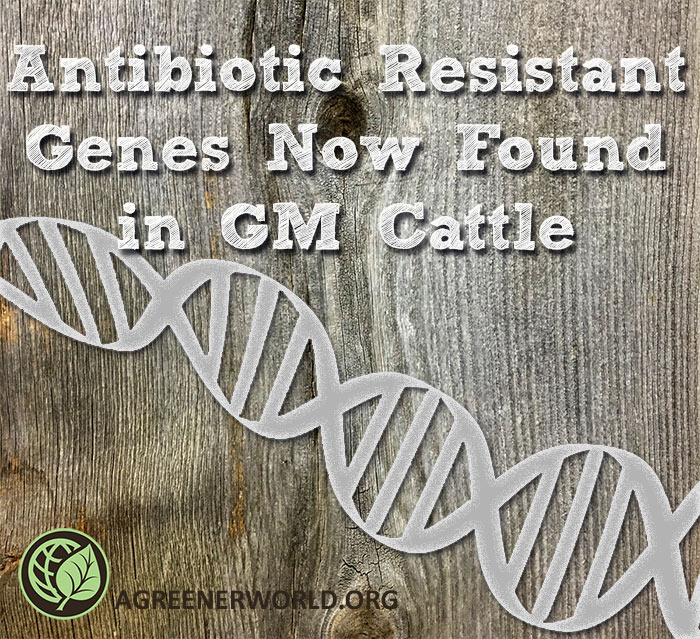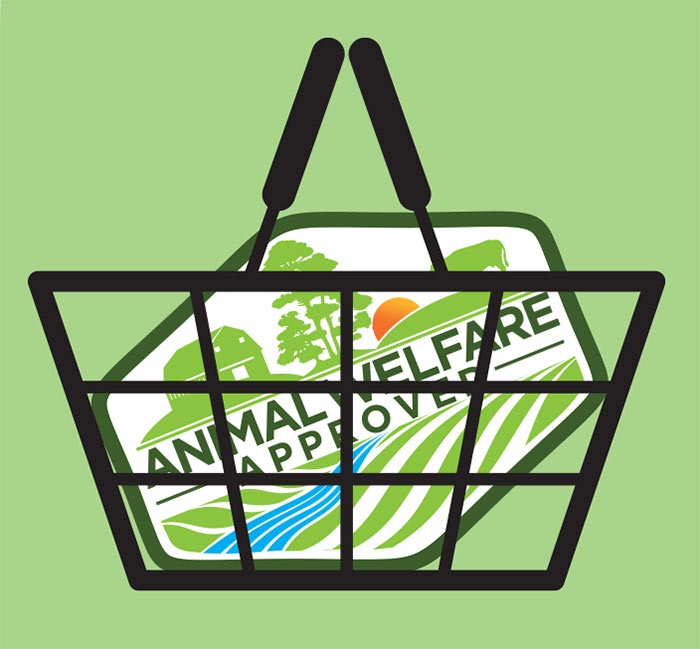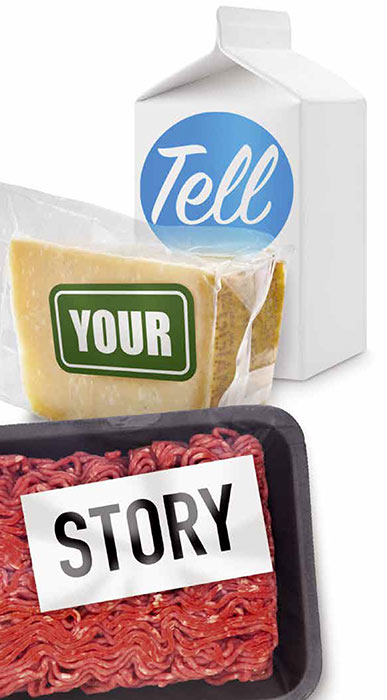Feeding Pigs
Domesticated pigs descend from forest dwelling wild boar, which root and forage for food. Pigs are omnivorous and can eat a variety of food of both plant and animal origin. Based on these two facts, some farmers assume that when pigs are given the opportunity to forage they need little or no supplementary grain and protein feeds. Unfortunately, this assumption is wrong and, in some cases, has led to poor pig productivity—and even health and welfare problems. While alternative and…
Farmers United
With all the criticisms of farming around the world, it’s great to hear the National Farmers Union, the UK’s best-known farming body, promoting the potential role of farming in mitigating climate change, with a target to reduce UK farming’s GHG emissions to zero by 2040. But in the UK, many sustainable farmers have been doing all this—and much more—for years with very little recognition. Public goods and services My husband and I farm 500 acres high on the hills…
Antibiotic Resistant Genes Now Found in GM Cattle
News is breaking that FDA researchers have found (through a re-examination) that genetically modified (GM) cattle contained unnatural DNA, despite the developer’s claims to the contrary. Upon previous examination of the result of the gene-editing procedure in animals, researchers did not detect any unexpected alterations, such as insertions or deletions of DNA. But in a recently published paper, in a study of the DNA of two genetically dehorned calves, the FDA found that the calves’ genomes did contain unintended DNA alterations. The…
Your Step-by-Step Guide to Sourcing Verified Sustainable Products
A Greener World’s Online Directory is visited by thousands of people each year who are looking to purchase high-welfare, sustainably produced food. The searchable online directory includes farms, restaurants and retailers selling Certified Animal Welfare Approved by AGW, Certified Grassfed by AGW and Certified Non-GMO by AGW meat, dairy, eggs and fiber products—along with handmade beauty products and even delicious candies and treats. If you’re one of the many shoppers interested in finding verified, sustainable products across North America, you’re…
Tell Your Story
A good product label is essential for any successful marketing strategy. Yet many farmers who sell directly to the public make the mistake of assuming a unique, stylized label is somehow irrelevant—or that it’s all too expensive, time consuming and bureaucratic. Yet every farmer who sells directly to the public is still very much part of a bigger and ever-changing labeling landscape. Remember: shoppers who visit farmers’ markets or farm stores will inevitably also visit the bigger grocery stores or…

